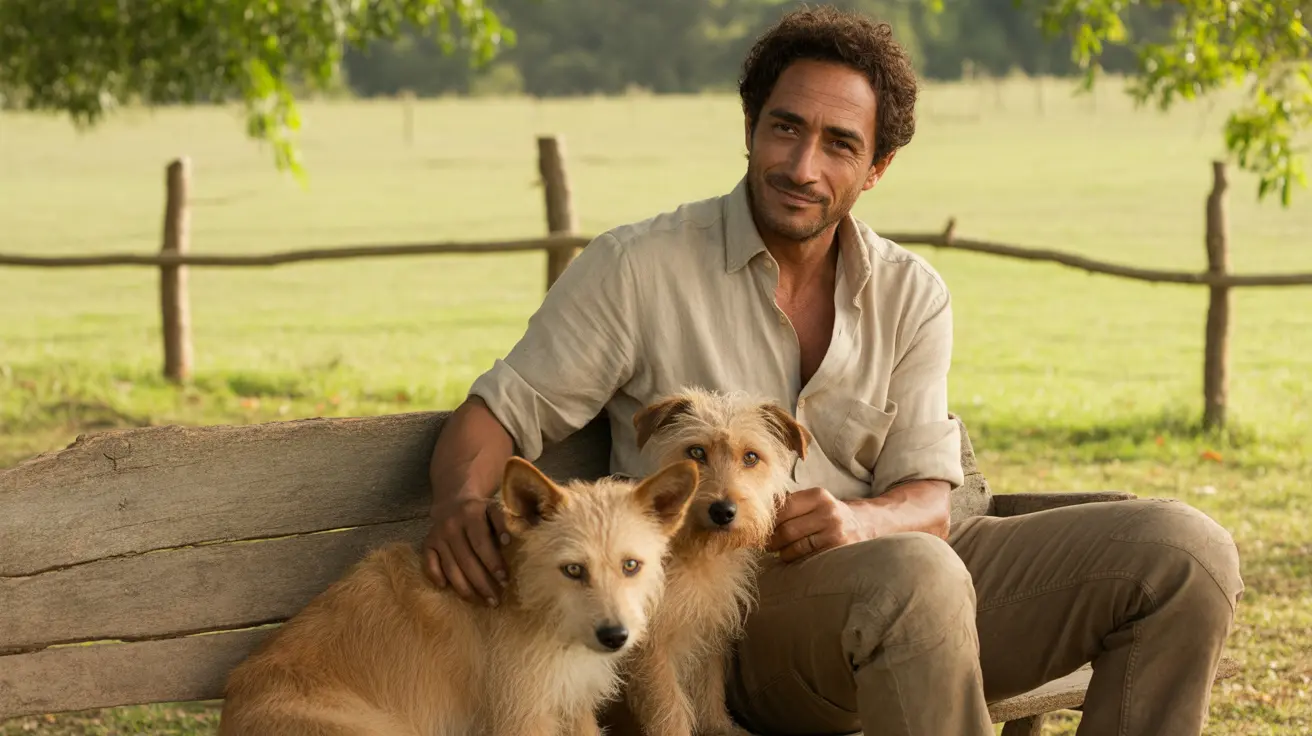When to Worry About Your Dog Not Eating or Drinking
When your dog refuses to eat or drink, it can be a major source of anxiety. While occasional appetite changes are common in dogs, prolonged refusal to eat or drink may indicate a more serious health issue. Recognizing when to worry and when it might just be a temporary upset is key to ensuring your pet’s well-being.Normal Reasons a Dog Might Skip a Meal
There are a few benign reasons why a dog might stop eating or drinking temporarily:- Minor gastrointestinal upset, such as eating something unusual
- Stress or changes in routine, such as a new environment
- Hot weather causing reduced appetite
- Finicky eating habits or disliking certain foods
When to Start Worrying
It’s important to monitor symptoms closely to determine if veterinary attention is needed. Here are clear signs you should be concerned:- No eating or drinking for more than 24 hours
- Visible weight loss or lethargy
- Vomiting or diarrhea accompanying the refusal
- Drooling excessively or signs of dental pain
- Change in behavior – more withdrawn or hiding often
- Labored breathing or swollen abdomen
Common Medical Causes
If your dog is not eating or drinking, some possible medical explanations include:
- Dental disease – painful teeth, infected gums, or abscesses can make eating difficult
- Infections – both bacterial and viral infections can suppress appetite
- Kidney or liver disease – chronic illness often leads to nausea and lack of thirst
- Pancreatitis – inflammation of the pancreas creates severe gastrointestinal discomfort
- Gastrointestinal obstruction – such as swallowing a toy or bone
- Cancer – tumors, particularly in the digestive tract, can interfere with eating
Proper diagnosis by a vet is key to understanding the root cause and beginning effective treatment.
Steps to Take at Home
If your dog skips meals but does not show concerning symptoms, there are a few things you can try:
- Offer warm meals to enhance aroma and appeal
- Switch to bland foods like plain cooked chicken and rice temporarily
- Ensure they have access to clean water
- Maintain a calm environment to reduce stress
If appetite doesn’t return within a day or new symptoms arise, consult a veterinarian immediately.
Dehydration: A Serious Concern
Lack of drinking water can lead to dehydration quickly, especially in smaller breeds or in hot weather. Signs of dehydration include:
- Dry gums and nose
- Sunken eyes
- Tenting skin – gently pinch the skin; if it doesn’t spring back, dehydration is likely
If your dog is not drinking and displays any of these symptoms, seek emergency veterinary care.
When to See the Vet Immediately
Don’t delay in contacting your vet if any of the following occur:
- The dog stops eating and drinking for more than 24 hours
- Other symptoms like vomiting, diarrhea, or pain are observed
- Your dog is under 6 months old or a senior
Prompt medical intervention can prevent complications and alleviate potentially serious conditions.
Conclusion
While a dog skipping a meal occasionally might not be a cause for alarm, prolonged refusal to eat or drink signals a need for action. Monitoring your pet’s behavior, energy levels, and additional symptoms helps determine whether it’s safe to wait or critical to visit a vet. Ultimately, knowing your dog’s normal habits and being alert to changes is the best form of care you can provide.





